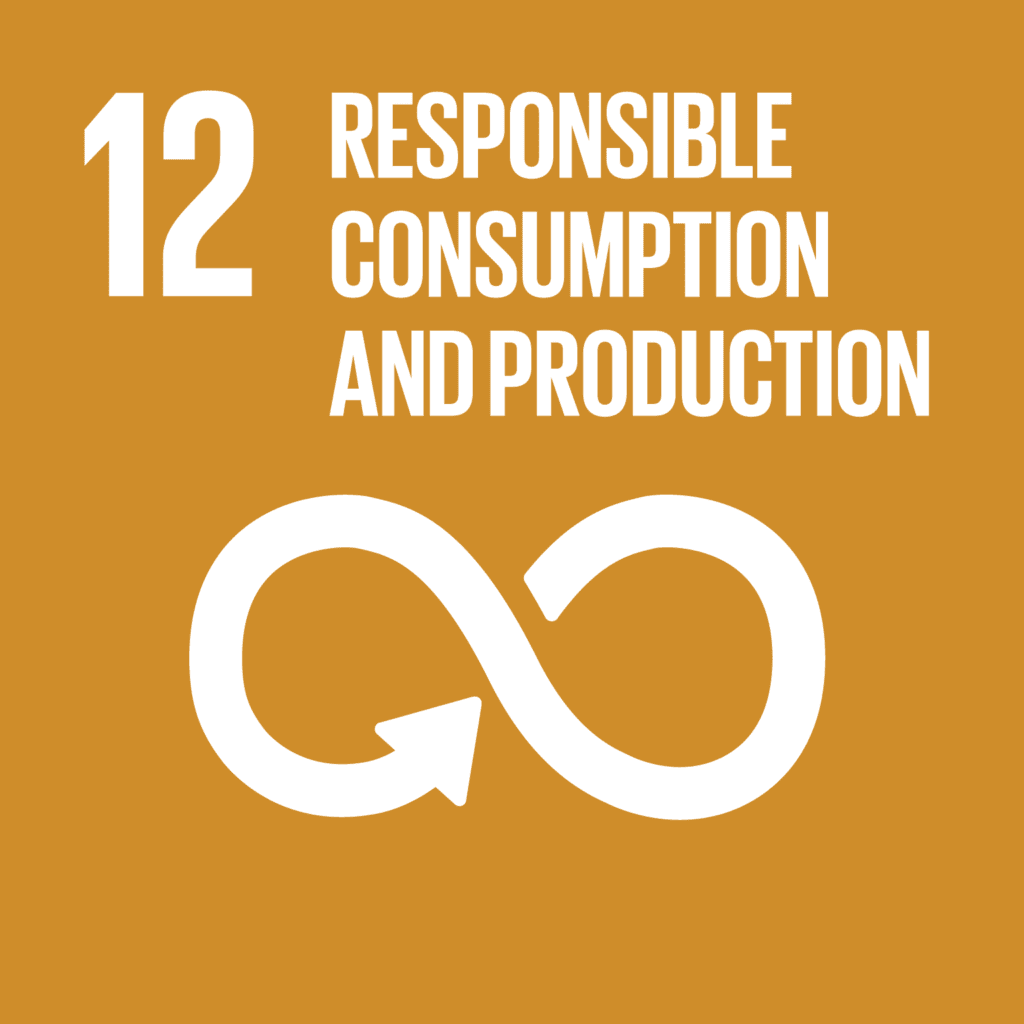Concerned about the climate crisis? Cut your textile waste written by Dominic Parry, edited and images by Heather Sykes

Clothes are a necessity; they show our personality and individual style. They can hold more value to people than a lot of other everyday items. Every year around £140 million worth of used but wearable clothes are sent to landfill. Textile waste is a huge contributor to our carbon footprints. So, what can people do instead of throwing clothes away?
There are a few ways to cut textile waste. Avoid binning clothes if possible. It might be easier said than done, but there are other options you could choose from when finished with your clothes. You can sell old clothes, pass them on, or donate them to charity shops or clothing banks. All options are easy to do.
A big takeaway is to avoid fast fashion. Its impact on our planet is huge. If you can resist following flash trends and huge price drops, you might be less likely to grow bored as quickly. That way, your wardrobe won’t be as crowded, you can save money and help the environment.
Cut textile waste by selling old clothes
Whilst it is possible to simply give away unwanted clothes, it’s common for people to sell them using platforms such as Depop, Vinted, and Facebook Marketplace. These sites are great for getting rid of unwanted clothes however you may be more successful selling desirable items such as vintage clothing or upmarket high street brands. Either way, you could potentially make a profit by clearing out your wardrobe!
These platforms are a fun way to get some money back for your clothes. Selling might be especially enticing when you have paid a large price for the items. Some clothes can be costly, meaning that you’re less likely to want to simply give them away. On these sites, you decide the price, meaning you get to decide what it’s worth.
Pass jeans to genes
Most people will have had hand-me-downs at one point or another. Many of us grew up wearing older cousins’, or older siblings’ old clothes. When you grow out of something or it just isn’t your style anymore, you can pass things on to your family.
Alternatively, you can give your unwanted clothes to friends or use online platforms such as Facebook Marketplace to send them to a good home.
If you don’t feel you can make a profit from your clothes, or just don’t have time, you can pass them on. Your textile waste is still being cut. It is a great way to reuse clothing. Not only can it save on the costs of new clothes, but it reduces our impact on the planet. When an item goes to a family member, the carbon footprint from production is arguably more worthwhile or justifiable. This is because they are being used for longer rather than being binned. So, the carbon footprint is split between two people.
Cut your textile waste by donating to charity shops
One of the easiest options is to take the clothes to a charity shop. Most charity shops have a clothing section and some solely sell clothes. One of the biggest benefits of donating your unwanted clothes to charity is that it’s going to a good cause. Another great benefit is that there’s no preference for the type of clothing. As long as it is in good condition, most places will accept it.
If you want to use your local charity shops, check out our recent article.
Textile waste can be avoided with clothing banks
Across most towns and cities in the UK, you can find charity clothes and shoe banks. These are very easy to use and can be found mainly in supermarket car parks.
To use them, you put your clothes or shoes into a bag and drop them in. This could be an easier way to donate to charity, as you can give many items of clothing at once. Bundle them all up and pop them in your local bank. It might be closer than a charity shop, and they don’t have closing times.
For Worcester based students, the closest banks are on the St Johns campus and the City campus. The closest off-campus banks are at the local Co-op and Sainsbury’s.
An alternative is home pick-ups. Charities deliver plastic bags that you can fill. Often, the bag will be branded and have a pick-up date. When you leave it out on the day, it should be picked up and taken to the charity specified. It is extremely easy so long as you don’t forget the date and it saves you the travel.
Sustainable instagram competition
We want to give you PRIZES to help make this change happen! All you have to do is follow the steps below for a chance to WIN!
Here’s how to enter:
- Comment 3 emoji’s related to the post on our Instagram @uw_sustain
- Tag 3 friends
- You will automatically be entered into our prize draw.
- Unlimited entries, follow the above steps again. Each time is a new entry.
SDGs
